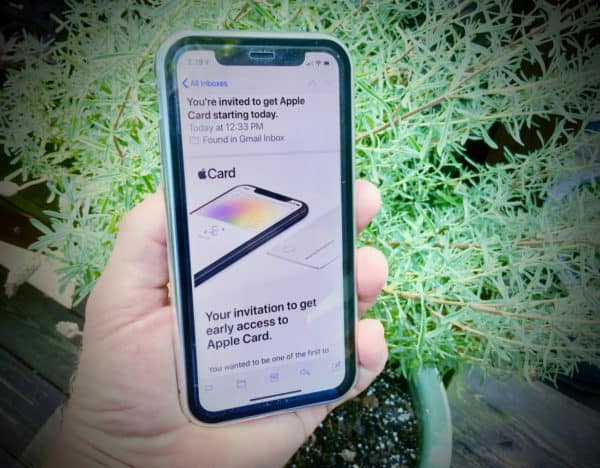
Yesterday, during Apple’s (NASDAQ:AAPL) annual WWDC keynote, Apple announced an entry into the buy now – pay later (BNPL) sector of Fintech. Under Apple Pay Later, iPhone users may choose to pay over time without any additional fees or interest charges. Apple already allows purchases of their own products to take advantage of a pay over time feature that is helping boost hardware sales.
Following the news, shares in BNPL providers like Affirm (NASDAQ:AFRM) declined as looming competition from more than 1 billion iPhone users spooked investors. Affirm is moving lower today, meanwhile, shares in Apple are inching higher following an initial dip. Other US BNPL providers, like PayPal and Block, also declined but it is not clear if this was wholly related to the Apple news or just the overall dismal market sentiment.
A report in Reuters pointed to the Apple Pay Later news as driving shares lower for Australian BNPL platforms – Zip Co and Sezzle Inc. The report quoted Kunal Sawhney, CEO at Kalkine Group, who predicted that “Apple’s latest BNPL offering competes with their products directly, adding to the gloomy outlook that BNPL firms will struggle to survive the cost-of-living crisis.”
Prior to Apple’s entry, some BNPL providers have faltered due to the gloomy global economy as well as fears of additional regulation that may undermine the booming sector of Fintech. Currently, in the US, the Consumer Financial Protection Bureau (CFPB) is scrutinizing BNPLs as possibly taking advantage of consumers.
The thesis is that Apple Pay Later will immediately arrive on your iPhone without any need for additional agreements. Merchants will still be paid on time as the process is completely hosted on the Apple side – seamless and frictionless. This means merchants will be able to benefit from additional sales as consumers opt to pay in several installments while Apple boosts the utility of its ecosystem – making devices ever stickier and harder to part with.
There are some important differences between Apple Pay Later and its erstwhile competitors. Apple Pay Later allows users to pay four equal payments over a 6 week period – effectively only two weeks longer than a normal credit card payment. Affirm provides both a longer-term BNPL product of 4 interest-free payments over an 8-week period plus an option to access an installment loan (with an interest fee). Both Apple and Affirm provide an alternative to expensive credit cards while Apple does offer its popular bespoke Apple Card in partnership with Goldman Sachs.
Both BNPL providers and credit cards charge a processing fee, shouldered by the merchant but interest rates tend to be high with credit cards – one of the most profitable sectors of banks issuing the credit. The benefit of paying over time is that merchants can sell more products while consumers gain access to no interest or low-interest credit. The industry expects the US to grow into a $100 billion sector of Fintech by 2024 about 2X this year – estimates have the global side already surpassing that amount. Even more compelling is the prediction by Allied Market Research that expects that global BNPL to reach almost $4 trillion by 2030 – an enormous increase.
So perhaps both Apple and traditional BNPLs have plenty of runway to expand while driving income to the bottom line. Maybe a bigger question is which sector of Fintech will Apple enter next – there is still plenty of room for expansion there – like Apple Investments? Apple Savings? You can be certain that Apple management in Cupertino is considering these possibilities now but like most things, Apple will take its time to get there – if at all.

